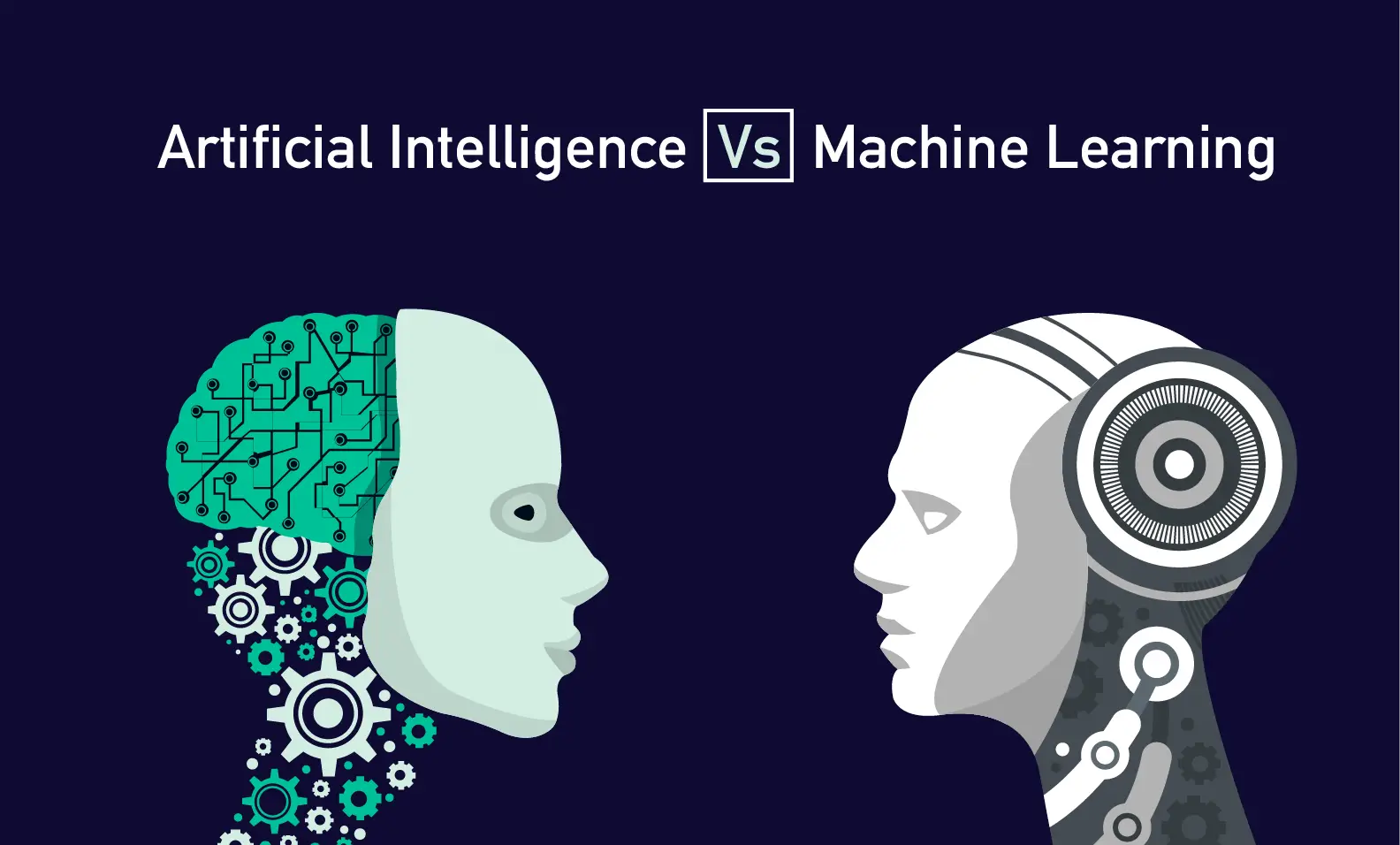In the ever-evolving landscape of marketing, staying ahead of the curve is not just an advantage; it’s a necessity. Enter Artificial Intelligence (AI) and Machine Learning (ML), two transformative technologies that have reshaped the marketing terrain. This blog explores the profound influence of AI and ML in marketing strategies, shedding light on how businesses can harness these technologies to propel their campaigns into the future.
Understanding the Power of AI and Machine Learning in Marketing:
Artificial Intelligence and Machine Learning are often used interchangeably, but they play distinct roles in marketing. AI refers to the simulation of human intelligence in machines, enabling them to perform tasks that typically require human intelligence. Machine Learning, a subset of AI, involves algorithms that allow systems to learn and improve from experience without explicit programming. Together, they form a dynamic duo that is revolutionizing the way businesses understand, engage, and convert their audience.
1. Personalization Redefined:
One of the most impactful contributions of AI and ML in marketing is the ability to deliver hyper-personalized experiences. By analyzing vast datasets, these technologies can decipher individual preferences, behaviors, and buying patterns. This insight enables marketers to tailor content, recommendations, and offers with unprecedented precision. From personalized product recommendations to customized email campaigns, personalization is no longer a luxury but an expectation.
2. Predictive Analytics for Strategic Decision-Making:
AI and ML empower marketers with predictive analytics, allowing them to foresee trends, customer behaviors, and market fluctuations. By analyzing historical data, these technologies can identify patterns and make accurate predictions. Marketers can leverage this predictive power to optimize advertising budgets, foresee market demands, and fine-tune their strategies for maximum impact. It’s not just about reacting to trends; it’s about predicting and staying ahead of them.
3. Chatbots Revolutionizing Customer Interaction:
Enter the era of intelligent chatbots – AI-powered conversational agents that are changing the game in customer interaction. Chatbots provide instant responses to customer queries, guide users through the sales funnel, and even offer personalized recommendations. This 24/7 availability enhances customer experience, increases engagement, and frees up human resources for more complex tasks.
4. Enhanced User Experience with AI-Driven Websites:
AI is transforming websites into dynamic, user-centric platforms. Through AI-driven website personalization, content is dynamically adjusted based on individual user behavior. From recommending relevant blog posts to showcasing personalized product offerings, AI ensures that every user interaction is tailored to their preferences, leading to a more engaging and satisfying user experience.
5. Precision Targeting with AI in Advertising:
Gone are the days of broad-strokes advertising. AI is ushering in an era of precision targeting, ensuring that ads are delivered to the most relevant audiences. Machine Learning algorithms analyze user data to understand their interests, demographics, and online behaviors. This information is then used to serve targeted ads, maximizing the chances of conversion. AI in advertising doesn’t just reduce wastage; it enhances the overall effectiveness of campaigns.
6. Content Creation and Curation:
AI is proving to be a valuable ally in content creation and curation. From generating human-like text to creating compelling visuals, AI tools are streamlining content production processes. This not only saves time but also ensures a consistent and cohesive brand voice across various channels. Content curation, powered by AI, involves selecting and organizing existing content to resonate with the target audience, fostering engagement and loyalty.
7. Fraud Detection and Security:
In the realm of digital marketing, fraud poses a significant threat. AI and ML are indispensable in detecting and preventing fraudulent activities. These technologies analyze transaction patterns, user behavior, and other data points to identify anomalies that may indicate fraud. By enhancing security measures, businesses can build trust with their audience and safeguard their brand reputation.
8. Voice Search Optimization:
The rise of voice-activated devices has given prominence to voice search optimization. AI-driven algorithms understand natural language processing, enabling websites to cater to voice queries effectively. Marketers need to adapt their SEO strategies to accommodate voice search, ensuring that their content is not only visible but also tailored to how people speak.
9. Sentiment Analysis for Customer Insights:
Understanding customer sentiments is crucial for effective marketing strategies. AI-powered sentiment analysis tools analyze social media mentions, customer reviews, and online interactions to gauge public opinion about a brand or product. This valuable insight allows marketers to adjust their strategies, address concerns promptly, and capitalize on positive sentiments.
10. Automated Email Marketing Campaigns:
Email marketing, when powered by AI, becomes a highly efficient and personalized communication channel. AI algorithms analyze user behavior to send targeted and timely emails, increasing open rates and conversions. From personalized subject lines to tailored content recommendations, AI-driven email campaigns resonate with recipients on a more individual level.
Conclusion: Embracing the Future of Marketing
As we navigate the digital landscape, the integration of AI and Machine Learning in marketing is not just a trend; it’s a necessity for staying competitive. The ability to analyze vast datasets, predict trends, and personalize interactions has elevated marketing strategies to unprecedented levels of sophistication. Businesses that embrace these technologies position themselves at the forefront of innovation, creating not just campaigns but holistic and tailored experiences for their audience. As AI and ML continue to evolve, the future of marketing looks more dynamic, data-driven, and distinctly personalized than ever before. It’s not just a revolution; it’s a redefinition of how we connect, engage, and inspire action in the digital age.

